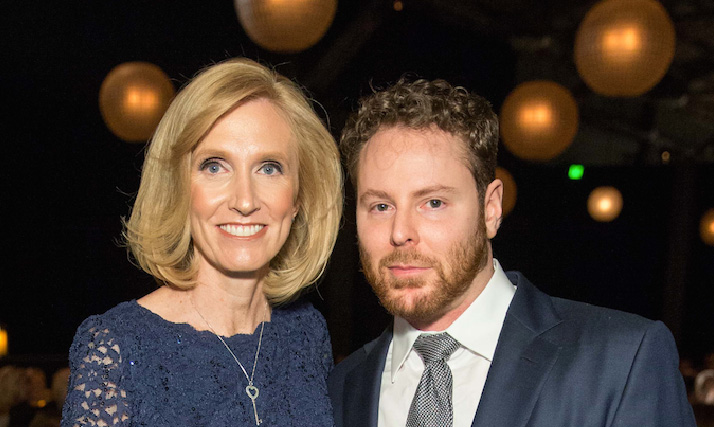Stanford has joined five other universities and research hubs to form the Parker Institute for Cancer Immunotherapy, which Silicon Valley entrepreneur and philanthropist Sean Parker established with a $250 million grant in April.
The center is a joint effort between Stanford Medicine, UCSF, Memorial Sloan Kettering Cancer Center, UCLA, the University of Pennsylvania and the University of Texas MD Anderson. Stanford’s collaboration with the Parker Institute will last for around seven years. The University’s immunotherapy center has been given an initial $10 million grant, and the center is currently in its first organizational stage as collaborators and members of the research team are named and resources are allocated.
Cancer immunotherapy harnesses a patient’s own immune system to eliminate cancer cells. With the therapy’s capacity for immunological memory and targeting specific molecules, the method has been touted as one of the most promising new treatments for cancer.
“Immunotherapy has already had an impact on some of what we consider to be the worst possible cancers,” said Crystal Mackall, who will lead the Stanford center and who joined Stanford Medicine as a professor of pediatrics and of medicine at the beginning of this year.
Mackall pointed to melanoma, which she called “one of the most rapidly rising cancers in the United States.” Melanoma affects patients of all ages and until four years ago was “essentially fatal,” but now survival rates are around 80 percent, she said.
“It’s a really remarkable change in the natural history of the disease,” Mackall said. “It’s a paradigm shift.”
Mackall’s particular approach to cancer immunotherapy uses cell engineering. This involves, in Mackall’s words, “starting with a patient’s natural immune cell and then manipulating that cell with genetic vectors and gene therapy to engineer the cell to do things it wouldn’t do naturally.”
Mackall is particularly excited about the possibility of genetically modified T-cells, which have already shown dramatic effects on child and adult leukemia. Mackall thinks that it may be possible to train the modified T-cells to combat other types of cancer as well.
By fostering coordination and collaboration among the field’s top researchers, the Parker Institute ultimately hopes to accelerate the development of breakthrough immune therapies that can be translated into patient treatments.
“The field is at an inflection point where there are more opportunities than the resources available,” Mackall said.
The new Parker Institute for Cancer Immunotherapy is the latest of the two research initiatives launched by Parker at Stanford. A year ago, Parker donated $24 million to establish the Sean N. Parker Center for Allergy and Asthma Research at Stanford University.
According to the older center’s director Kari Nadeau, professor of medicine and of pediatrics, the mission of the allergy and asthma center is to “transform” patients’ and their families’ lives through “innovative science and compassionate care.”
In its inaugural year, the center has grown from a single site at Stanford to a network alliance of sites and trainees across four continents. The center has published almost 200 peer-reviewed papers and created a data-sharing platform for its 10-plus locations around the world “to use collaboratively to make new discoveries and innovations to help families…with new diagnostics and therapies,” according to the center’s 2016 report.
Moving forward, the center will continue to work with the National Institutes of Health (NIH), the Food and Drug Administration (FDA), corporations and philanthropists as it seeks to advance allergy research.
“[Parker] had a vision to work with a group like Stanford, where we have a system of sophisticated immune monitoring and intelligent approach to patient care,” Nadeau said. “At Stanford, there are many groups of very collaborative and integrated science, particularly in immunology. We want to do disruptive science.”
Contact Katie Gu at katiegu ‘at’ stanford.edu.
